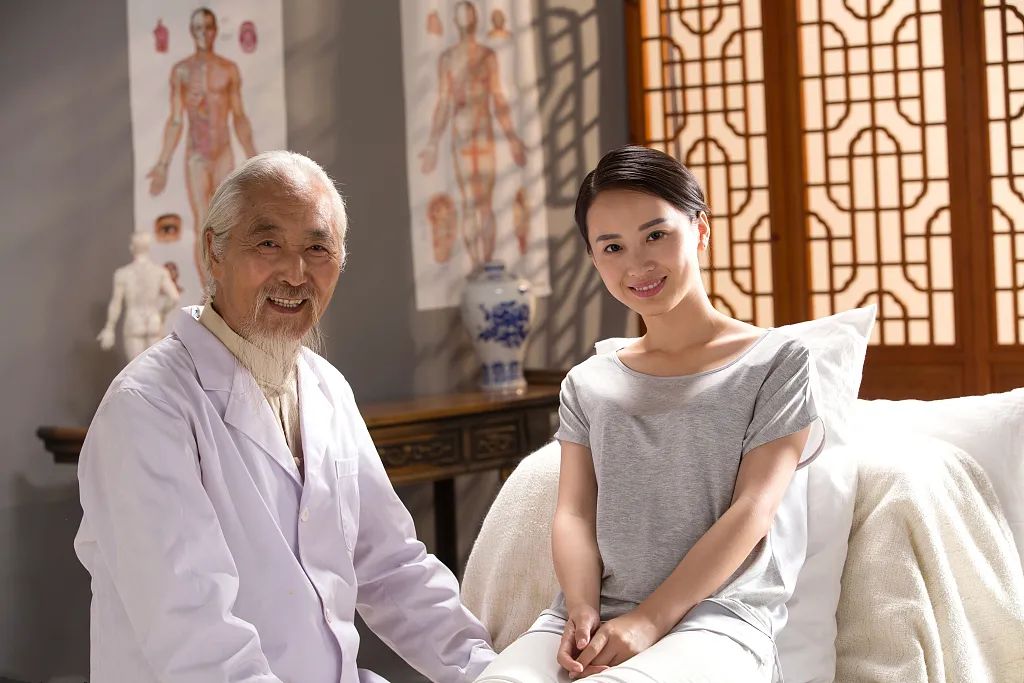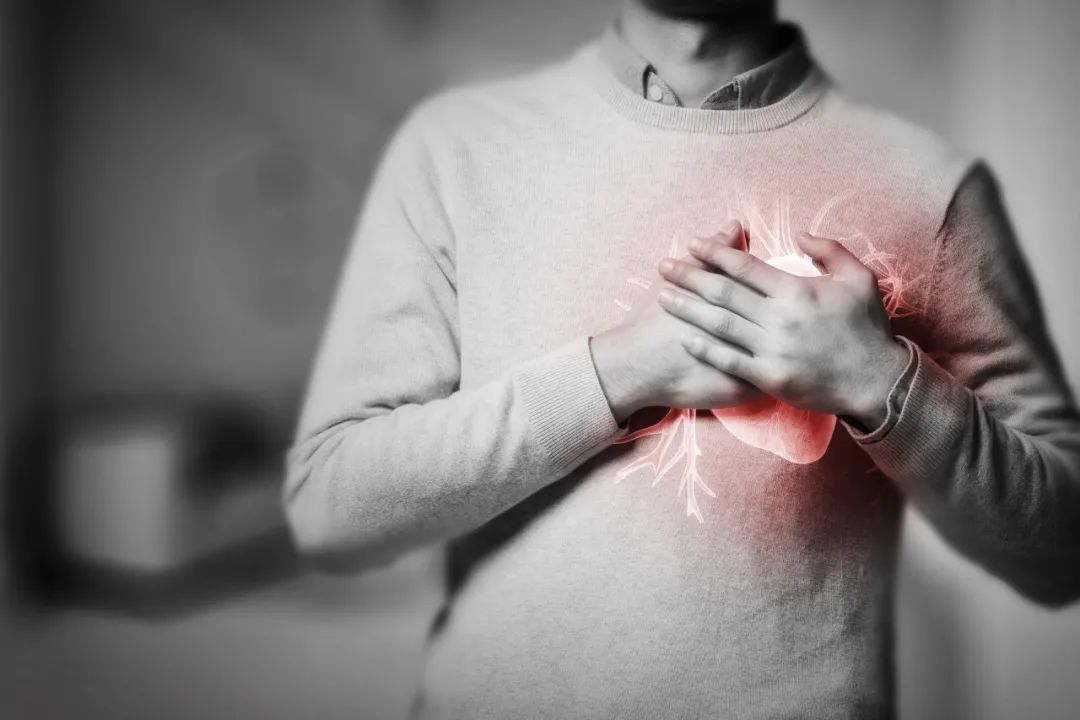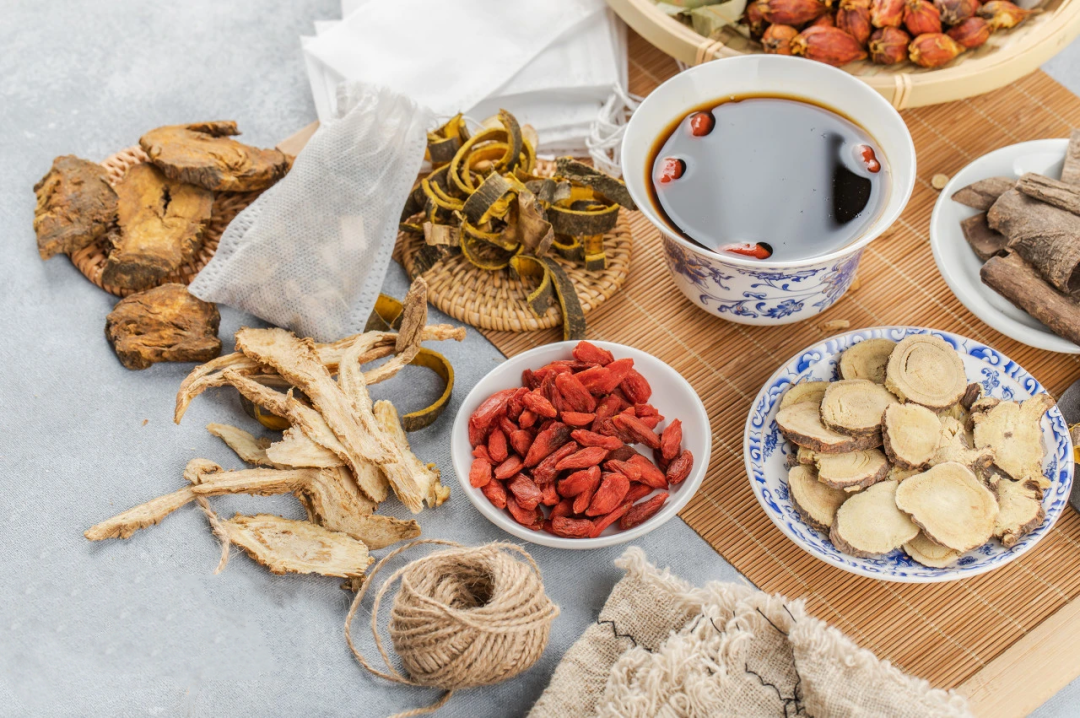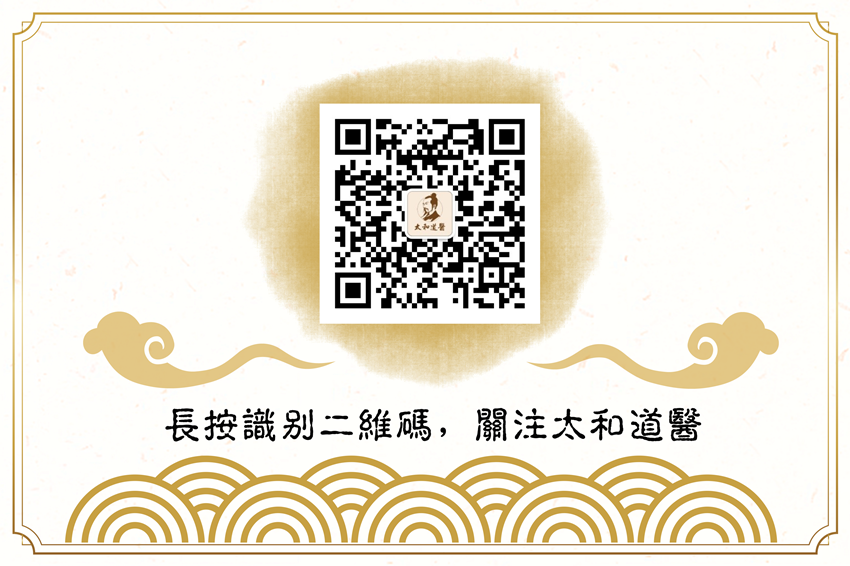
The concepts of Traditional Chinese Medicine (TCM) and Western medicine should not be confused and need to be clearly explained!
Blood deficiency (xue xu) and anemia (pin xue) not only have similar meanings but also overlap in clinical manifestations and treatment methods. Therefore, some people often treat blood deficiency and anemia as the same condition, which can lead to adverse medical outcomes.
For instance, some believe that Si Wu Tang (Four Substance Decoction) is a blood tonic and immediately consider it for patients with anemia;
Others directly equate the symptoms of blood deficiency with chronic anemia symptoms such as pale complexion, dizziness, fatigue, palpitations, pale tongue, and thin, rapid pulse.
This further leads to the misconception that blood deficiency and anemia are different names for the same condition, making it seem reasonable to use Si Wu Tang, a blood-nourishing formula, for treating anemia.
In fact, blood deficiency and anemia are two entirely different concepts in TCM and Western medicine and should never be conflated.
1. Blood Deficiency in TCM

In TCM, blood deficiency refers to a pathological phenomenon where the body’s yin blood is insufficient to nourish the organs, muscles, and meridians.
Specifically, there are different types such as heart blood deficiency (xin xue xu), liver blood deficiency (gan xue xu), and heart-spleen blood deficiency (xin pi xue xu).
Symptoms of heart blood deficiency often include palpitations, forgetfulness, insomnia, and a rough pulse;
Symptoms of liver blood deficiency often include dizziness, blurred vision, numbness in the hands and feet, muscle cramps, dry skin, irregular menstruation, amenorrhea, or scanty menstrual flow;
Heart-spleen blood deficiency is characterized by palpitations, reduced appetite, fatigue, and irregular menstruation or excessive bleeding.
In TCM, the treatment for these conditions, aside from those caused by phlegm, fire, water, or qi, mainly involves nourishing blood and calming the heart, nourishing blood and softening the liver, and strengthening the spleen to generate blood.
Here, blood deficiency, aside from the heart-spleen deficiency having some anemia, is rarely a case of pure heart blood deficiency or liver blood deficiency.
2. Anemia in Western Medicine

In modern medicine, anemia refers to a pathological state where the number of red blood cells, hemoglobin, or hematocrit in a unit volume of blood is below normal.
Patients with anemia in TCM diagnosis not only exhibit symptoms of blood deficiency but also primarily show fatigue, shortness of breath, pale complexion, cold extremities, edema, pale tongue, and weak pulse, indicating insufficient qi and yang.
It can also be said that blood deficiency is due to the depletion of yin blood, while anemia is due to the insufficiency of qi and yang.
From the perspective of Si Wu Tang’s function in nourishing blood, its main indications are for conditions caused by liver and kidney yin blood deficiency, leading to dysfunction of the Chong and Ren meridians, irregular menstruation, fetal movement instability, and continuous bleeding, which is actually used to treat blood deficiency and is not suitable for treating anemia.
Although Si Wu Tang has a dynamic quality within its static nature, it ultimately belongs to the category of yin-dominant and stagnation-inducing substances. Using it for patients with anemia not only provides no benefit but may also lead to symptoms such as reduced appetite, loose stools, and fatigue, resulting in a worsening of the condition where yang cannot generate and yin cannot grow, leading to the adverse outcome of increasing anemia.
For treating heart blood insufficiency, forgetfulness, and insomnia, one might use Yang Xue Qing Xin Tang (Nourishing Blood and Calming the Heart Decoction); for blood deficiency with five hearts heat, clarity during the day, and fever at night, one might use Si Wu Er Lian Tang (Four Substance and Two Lotus Decoction); for heart blood insufficiency and palpitations, one might use Si Wu An Shen Tang (Four Substance and Calming the Spirit Decoction); for blood deficiency with liver qi stagnation and irregular menstruation, one might use Jia Wei Si Wu Tang (Modified Four Substance Decoction); for continuous bleeding and unstable fetal movement, one might use Qiong Gui Jiao Ai Tang (Chuanxiong and Angelica Decoction).
If one believes that blood deficiency is equivalent to anemia and uses these formulas to treat anemia, it can only be harmful and will not yield good treatment results.
3. How Should TCM Treat Anemia?

TCM believes that the cause of anemia is that “without yang, yin cannot be generated,” and “the tangible blood cannot generate itself, it is born from the intangible qi.” Therefore, treating chronic anemia requires not only methods to “support yang and nourish yin, tonify qi and generate blood,” but even in cases of acute blood loss, it must follow the principle that “tangible blood cannot be quickly generated, and intangible qi must be urgently stabilized,” using methods to “tonify qi and stabilize the loss, tonify qi and generate blood.”
For anemia presenting as both qi and blood deficiency, it is advisable to use Sheng Yu Tang (Holy Recovery Decoction) or Ba Zhen Tang (Eight Treasure Decoction);
If both yin and yang deficiency are evident, it is advisable to use Ren Shen Yang Rong Tang (Ginseng Nourishing Decoction) or Shi Quan Da Bu Tang (Ten Complete Great Tonifying Decoction);
If accompanied by palpitations, insomnia, reduced appetite, and loose stools, it is advisable to use Gui Pi Tang (Restore the Spleen Decoction).
Severe anemia often involves kidney yang insufficiency, and it is necessary to adopt methods to tonify yang, nourish yin, fill essence, and enrich marrow to achieve certain effects, commonly used formulas include Shu Yu Wan (Dioscorea Pill) and You Gui Wan (Right Returning Pill).
In summary, blood deficiency is purely a lack of yin blood, while anemia is a deficiency of both qi and blood, yin and yang. Anemia can encompass blood deficiency, but blood deficiency does not necessarily mean anemia; the two should not be confused.

⊙ The content of this article is for clinical thought reference only; non-TCM professionals should not attempt to self-medicate.
⊙ Some images and texts are sourced from the internet; if there is any infringement, please contact us for removal.
⊙ For TCM consultation, please add WeChat ID: chongdaoe
⊙ For submissions and collaborations: [email protected] (original submissions are welcome)
Selected Articles
❶ A Unique TCM Method: Rubbing Your Nails Every Night for a Month Yields Unexpected Results!
❷ How Much Do You Know About TCM’s “Secret Teachings”?
❸ Three Major Supplementation Methods for Winter: Besides Going to Bed Early and Soaking Feet, the First is “It”!
❹ It is the “Holy Medicine for Women’s Health” in TCM, suitable for women aged 20-80!
❺ In Winter, Nourishing the Kidneys is Important; Remember the “Six Do’s and Four Don’ts”!
❻ Liver Qi Stagnation Harms the Liver and Spleen! A Simple Action to Soothe Liver Qi and Improve Mood!
❼ How to Assess Qi and Blood Deficiency from the Body: Five Steps to Regulate Qi and Blood in TCM!
❽ Many Skin Diseases are Actually Related to the Five Zang Organs; Did You Know?
❾ Moxibustion for Cold Removal! Persisting with Moxibustion for Two Months to Warm the Meridians and Improve Cold Constitution! Moxibustion Achieves Internal and External Benefits!


